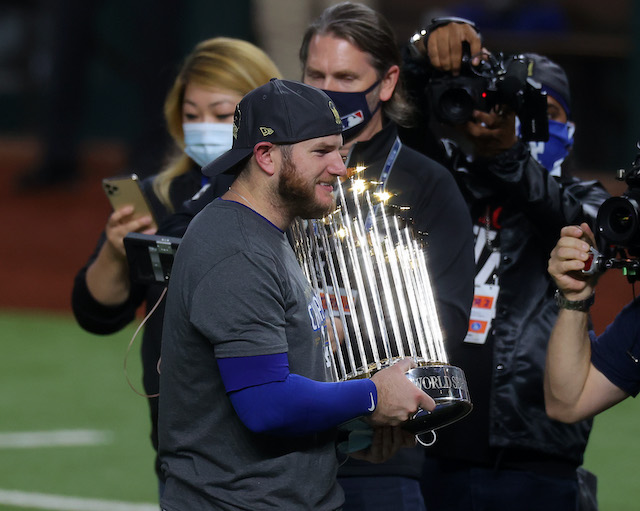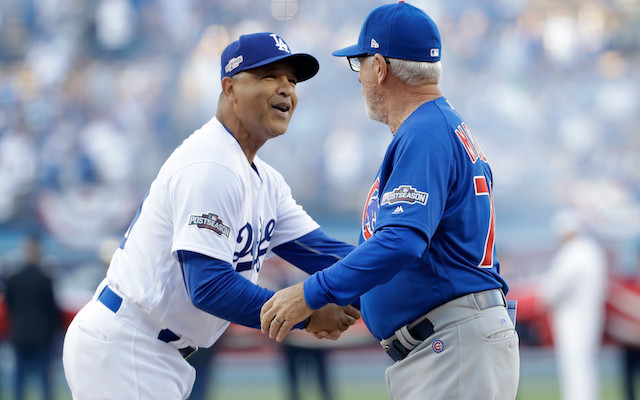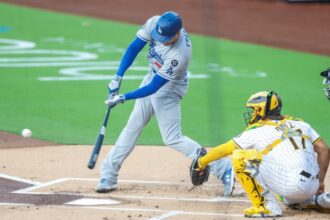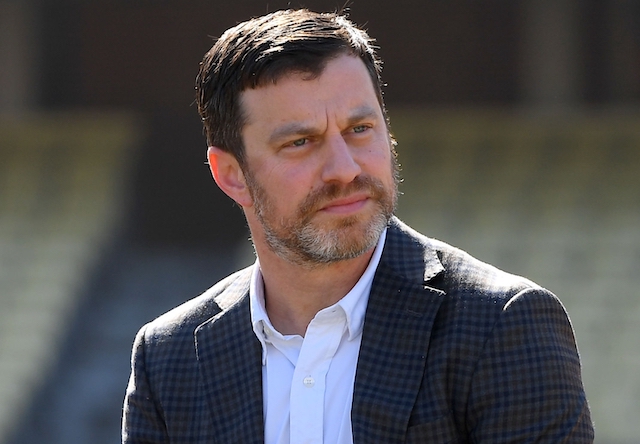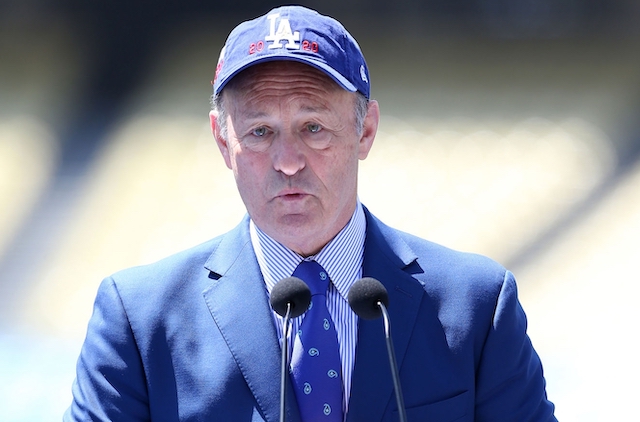The Los Angeles Dodgers’ legacy as one of Major League Baseball’s premier franchises is underscored by their eight World Series championships. Over the decades, they have often been associated with strong rosters, significant financial backing, and lofty expectations, making them perennial contenders in the eyes of both fans and oddsmakers. Titles such as those claimed in 1955 and 2020 largely reinforced their reputation as favorites backed by deep pockets and a tradition of excellence.
However, the team’s storied history is also defined by seasons where the odds were against them, and success was anything but certain. While some Dodgers championships seemed nearly predictable initially, others defied expectations entirely. In particular, three seasons stand out for their surprising trajectories—characterized by long preseason betting lines, unforeseen obstacles, and pivotal moments both on and off the field. Examining these memorable campaigns provides a nuanced view of how Los Angeles has found success as favorites, resilient underdogs, and adaptable champions.
1988: A Miracle Season
Without question, the 1988 Los Angeles Dodgers are among baseball’s most surprising World Series winners of all time.
Entering the season, Los Angeles was given long odds—typically ranging from 20-1 to 25-1 by sportsbooks per our MLB betting guides with baseball odds throughout the years. The roster lacked star power compared to many recent champions, and the turmoil of a disappointing 1987 season (73-89 record) had tempered expectations. Yet, under the stewardship of manager Tommy Lasorda, everything changed.
The 1988 campaign was defined by resilience and timely contributions from veterans and unlikely heroes. The team’s only significant offseason move was acquiring outfielder Kirk Gibson, whose fire and competitiveness catalyzed a fractious clubhouse. Gibson’s leadership and MVP performance (.290/.377/.483, 25 HR) were the engine for the team’s resurgence.
Pitcher Orel Hershiser delivered a historic season, setting a major league record with 59 consecutive scoreless innings and winning both the National League Cy Young Award and World Series MVP. The World Series appeared to be a mismatch versus the powerhouse Oakland Athletics. But Gibson, hobbled by injuries, delivered an iconic pinch-hit walk-off home run in Game 1—his lone plate appearance in the series—setting the tone for a stunning upset. Hershiser’s clutch pitching finished the job. Despite their limited firepower (only one position player with more than 76 RBI), the Dodgers prevailed, a testament to chemistry and timely excellence.
2020: Triumph amid Uncertainty
Recent memory often overshadows the unique nature of the Dodgers’ 2020 championship, won under unprecedented conditions. While Los Angeles entered the pandemic-shortened season as one of the favorites (preseason odds ranged from +380 to +400), the format dramatically increased the possibility of upsets, leveling the playing field in ways not seen in decades.
The 60-game schedule demanded relentless focus; a single two-week slump could doom even a talented team. Throughout 2020, protocols and uncertainties loomed large—key players tested positive for COVID-19, and the league faced constant interruption. For the Dodgers, adversity struck in the postseason, requiring multiple comeback victories and forcing manager Dave Roberts to juggle the pitching staff creatively.
Major trades and signings shaped this championship. Most notable was the February 2020 acquisition of Mookie Betts from the Boston Red Sox, which proved foundational. Betts delivered impact plays both offensively and defensively during the World Series, while long-tenured Dodger Clayton Kershaw finally secured his first title. Although the talent on paper made the Dodgers odds-on favorites, no prior Dodgers champion had faced a season quite as unpredictable and fraught, enhancing the achievement of the 2020 squad.
2024: Overcoming Adversity as Preseason Favorites.
In 2024, the Dodgers returned to the top of the baseball world, but the road to the title was more surprising than preseason odds of +400 to +450 might suggest. Los Angeles had constructed what many considered a superteam with blockbuster signings such as Shohei Ohtani and Yoshinobu Yamamoto, joining established stars Mookie Betts and Freddie Freeman. By opening day, expectations were sky-high, yet the ensuing months brought severe challenges.
A wave of injuries battered the roster throughout the regular season and playoffs, particularly in the rotation, where Walker Buehler, Dustin May, and others missed time. The midseason acquisition of Jack Flaherty at the trade deadline was critical, giving the team a reliable starter in the backdrop of constant absences. As the postseason unfolded, the Dodgers often depended on creative bullpen usage and timely hitting to stay afloat against elite opposition.
The World Series against the New York Yankees encapsulated their resolve. Facing a five-run deficit in Game 5 and forced to use seven relievers—including starter Walker Buehler—the Dodgers staged a comeback, scoring five unearned runs in the fifth inning thanks to critical defensive mistakes by the Yankees and clutch hits from Freddie Freeman and Teoscar Hernández. Freeman’s performance (.300 AVG, 4 HR, 12 RBI) earned him unanimous MVP honors.
This title was the club’s first full-season championship since 1988, a distinction sharpened by the adversity of constant injuries and the pressure to succeed as favorites. Their success owed as much to shrewd roster moves and gritty performances as to raw talent, offering another reminder that even “superteams” can face surprising obstacles en route to championships.
Fair Reflections
The Dodgers’ most surprising championship seasons reveal that World Series triumphs are never solely a function of preseason odds or paper talent. True success requires seizing opportunities amid adversity, adapting to unforeseen challenges, and, occasionally, being lifted by pivotal trades or transcendent individual performances. While every championship brings joy, these unexpected journeys stand distinct in Dodgers lore—testaments to baseball’s enduring unpredictability and competitive drama.



